|
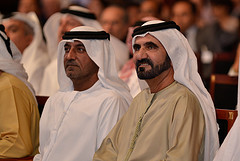 The World Economic Forum’s third Summit on the Global Agenda, which is recognized as the largest brainstorming meeting in the world, opened on 29 November 2010, with over 600 of the foremost global experts from business, government, academia and civil society working together to address the key issues on the global, regional and industry agendas. The World Economic Forum’s third Summit on the Global Agenda, which is recognized as the largest brainstorming meeting in the world, opened on 29 November 2010, with over 600 of the foremost global experts from business, government, academia and civil society working together to address the key issues on the global, regional and industry agendas.
The Members of the Forum’s Network of Global Agenda Councils participated in this three-day event, which was held by the WEF in partnership with the United Arab Emirates, represented by the Government of Dubai.
In the opening plenary session in the presence of H.H. Sheikh Mohammed Bin Rashid Al Maktoum, Vice-President and Prime Minister of the United Arab Emirates and Ruler of Dubai, the Members of the Forum’s Network of Global Agenda Councils were encouraged to develop innovative solutions to the many challenges the world faces.
The world is now living in “a new reality”, Klaus Schwab, the Founder and Executive 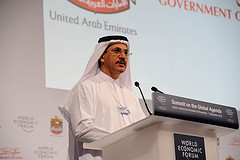 Chairman of the World Economic Forum, told participants in his opening remarks. “What we want to do is to look at the world in the context of this new reality.” He added: “What we are doing here is trying to reduce the risk exposure of the world by cooperating, by thinking more proactively and in more strategic and comprehensive ways.” Chairman of the World Economic Forum, told participants in his opening remarks. “What we want to do is to look at the world in the context of this new reality.” He added: “What we are doing here is trying to reduce the risk exposure of the world by cooperating, by thinking more proactively and in more strategic and comprehensive ways.”
The Summit participants engaged in interactive workshops and sessions to set priorities for the most compelling ideas to improve the state of the world and identify the latest trends, risks and innovative solutions to address the world’s challenges. The Network of 72 Councils, which was launched three years ago, has become an integral part of the new Risk Response Network, providing the powerful strategic insights that policy- and decision-makers need to shape action plans to tackle the most pressing short- and long-term global challenges. 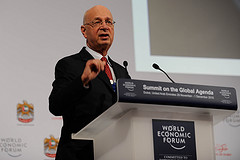 The Risk Response Network will be officially launched at the World Economic Forum’s next Annual Meeting in Davos-Klosters from 26-30 January 2011. The Risk Response Network will be officially launched at the World Economic Forum’s next Annual Meeting in Davos-Klosters from 26-30 January 2011.
“The world needs to deal with a dizzying array of risks and opportunities,” said Ngaire Woods, Professor of International Political Economy at Oxford University. More effective networks and partnerships are needed to improve cooperation, the quality and use of information and multi-stakeholder collaboration, she explained.
The Risk Response Network can contribute to this effort. It should focus on risk prevention and mitigation, preparedness, response, and recovery and rehabilitation, reckoned Heizo Takenaka, Director of the Global Security Research Institute at Keio University in Japan and a Member of the World Economic Forum’s Foundation Board. “We should focus on how to involve the business community. With this network, if we start exchanging views on best practices, this could be an early success.”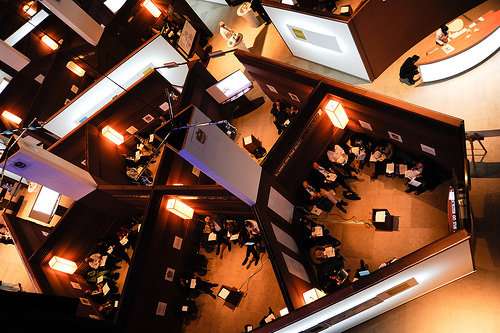
Marthinus van Schalkwyk, Minister of Tourism of South Africa, agreed. “The Forum is pointing out a vacuum; there is room for the private sector to fill that void.” He cautioned against the Risk Response Network becoming a government-driven initiative. “We don’t want sessions to become endless negotiations.”
“Why are global challenges so risky now?” asked He Yafei, Ambassador and Permanent Representative of the People’s Republic of China to the United Nations in Geneva. “Because there is a multiplicity of these challenges. They don’t come in isolation; they come together at the same time and cover various fields. It is difficult to confine any challenge or risk to one country, region or sector.” As a result, he noted, “there is a confidence deficit.” People lack trust in the international system and in governments to reduce these risks.
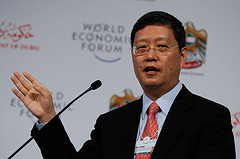 “The challenges faced by the world are real,” Summit Co-Chair Sultan Bin Saeed Al Mansoori, the Minister of Economy of the United Arab Emirates, concluded in remarks to close the meeting. “We must not shy away from them. The price of inaction will be huge.” “The challenges faced by the world are real,” Summit Co-Chair Sultan Bin Saeed Al Mansoori, the Minister of Economy of the United Arab Emirates, concluded in remarks to close the meeting. “We must not shy away from them. The price of inaction will be huge.”
Yuri Hohlov, Chairman of the IIS Board of Directors, for 2 years has been a member of "Future Government" Council of "Creation of Effective Institutions" segment.
Tatiana Ershova, IIS General Director, also participated in all open sessions of the Summit.
More information about the Summit is available at http://www.weforum.org/gac10
Source: News release at http://www.weforum.org/en/media/Latest%20News%20Releases/NR_GAC10_Closing
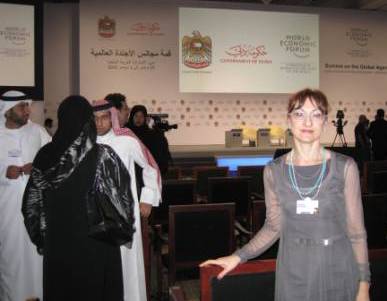 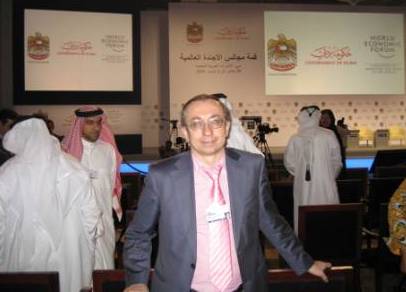
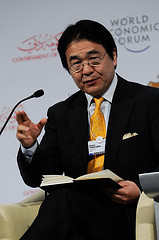 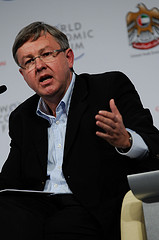 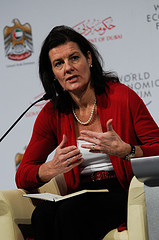
|

